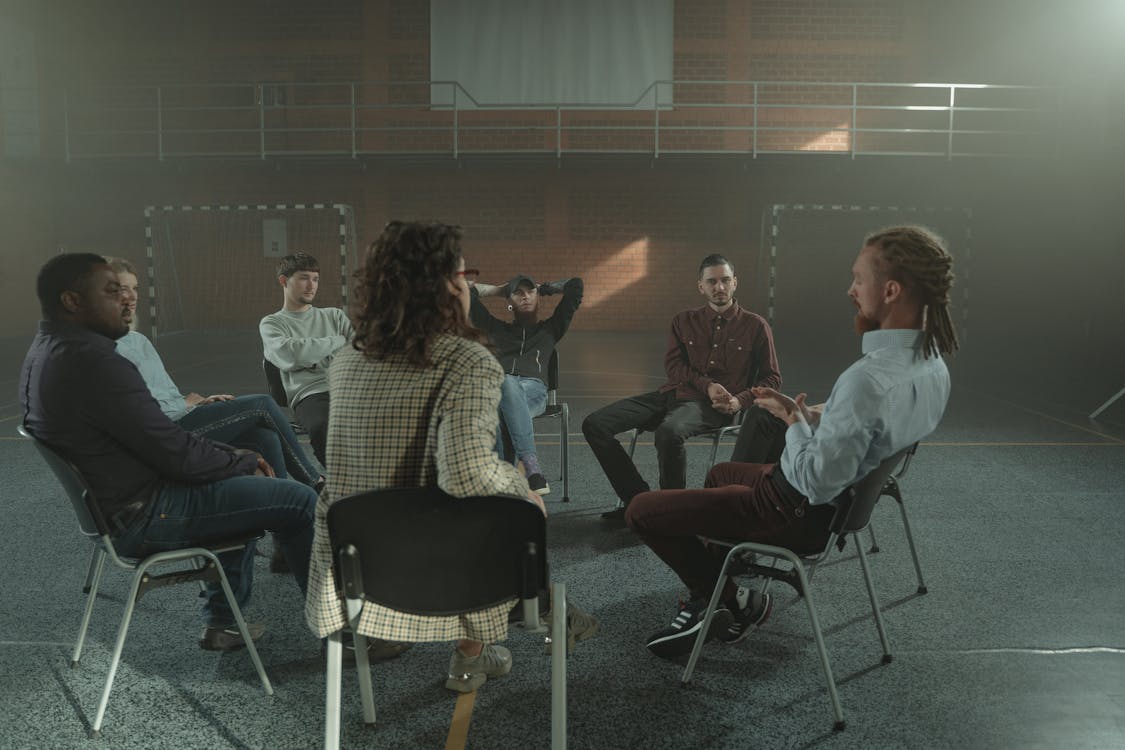
The PRP (Psychiatric Rehabilitation Program) is designed to support individuals with severe mental illness in achieving their recovery goals and reintegrating into the community. It offers comprehensive services aimed at enhancing independence, social functioning, and overall well-being. Key components of a PRP typically include skills training in areas such as daily living, communication, vocational readiness, and symptom management. These programs are person-centered, meaning services are tailored to meet the unique needs and preferences of each participant. Participants in PRP receive individualized support from a multidisciplinary team, which may include psychiatrists, psychologists, social workers, and rehabilitation counselors. The team collaborates closely with clients to develop personalized treatment plans and goals, fostering empowerment and self-sufficiency. PRP activities often take place in community settings, encouraging participants to practice skills in real-life situations. This approach promotes social interaction, enhances problem-solving abilities, and builds confidence in managing daily challenges. Overall, PRP aims to empower individuals with mental illness to lead fulfilling lives, engage in meaningful activities, and achieve personal recovery milestones. By providing structured support and skill development, PRP plays a crucial role in promoting recovery-oriented outcomes and reducing the impact of mental illness on individuals’ lives.



